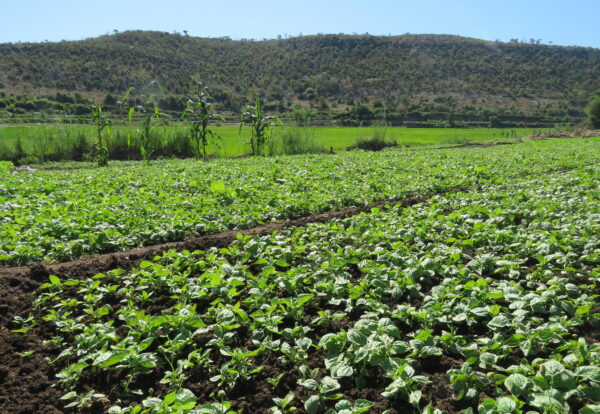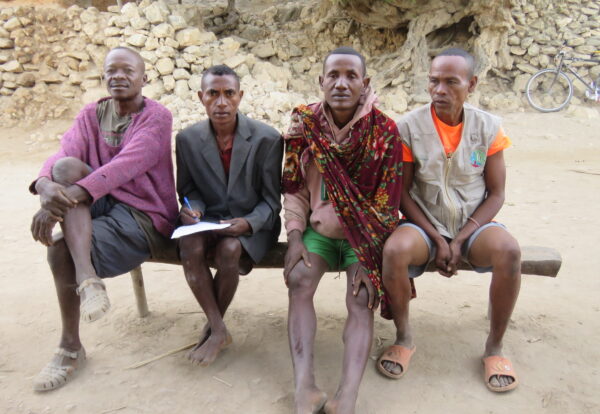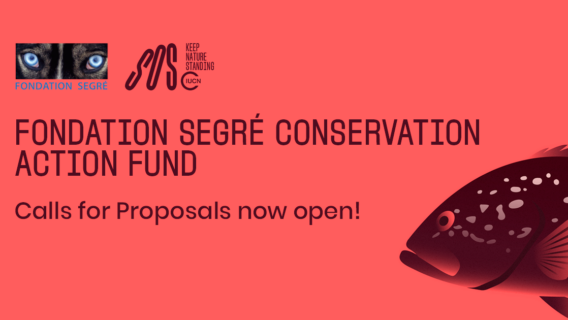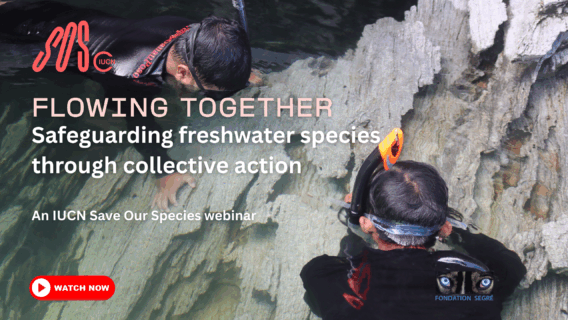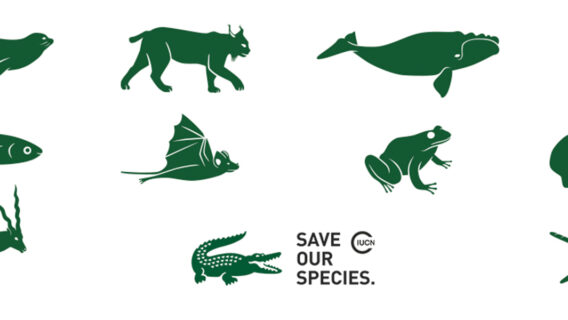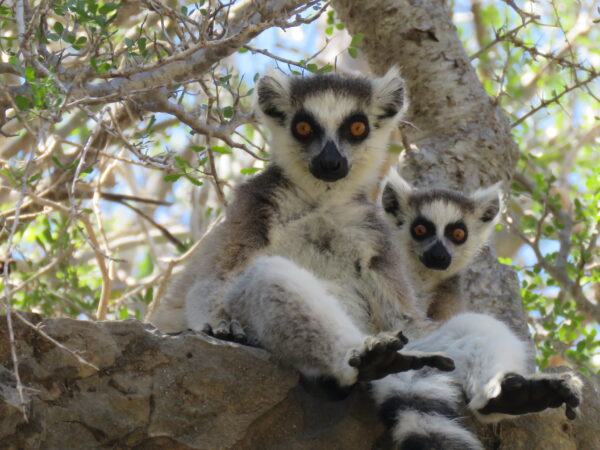
Keeping lemurs wild in Madagascar’s Atsimo-Andrefana region
Project description
Illegal ownership of lemurs as pets is a major threat in Madagascar, with over 28,000 individuals kept between 2010 and 2013, over a quarter of them Lemur catta. The problem continues to grow, as seen in the recent seizure of 48 lemurs in Thailand, believed to have been trafficked from the wild. Habitat loss, weak law enforcement, and poverty further exacerbate the situation, undermining efforts to conserve lemurs in their natural habitats.
This project builds on earlier successes to curb the capture of wild lemurs by empowering local communities through active participation and equitable benefit-sharing. It also works to strengthen the capacity of law enforcement agencies and civil society to uphold wildlife protection laws. In addition, the project raises awareness among local residents, tourists, and authorities about the illegality and cruelty of keeping lemurs as pets.
Activities will be implemented in the Amoron’i Onilahy and Tsimanampesotse Protected Areas, two key regions for lemur conservation.
This project is implemented by the NGO Arboretum d’Antsokay.
Threats

Habitat loss & degradation

Poaching
Project objectives
By 2027, hunting, illegal live capture, and trade of Lemur catta from the Amoron’i Onilahy and Tsimanampesotse Protected Areas will be effectively prevented, while empathy and pride in lemurs as a vital part of Madagascar’s natural heritage will be fostered among Malagasy citizens.
Project activities
- Enforce Lemur catta protection through patrols, ecological monitoring of lemur populations and feeding resources, and community-led forest restoration (nurseries and planting of lemur food trees to boost lemurs’ climate resilience).
- Develop financial incentives for conservation and well-being by supporting community members in monitoring, anti-poaching, and forest restoration, while promoting climate-smart livelihoods.
- Educate youth and the public under the theme “Lemurs: national heritage, Madagascar’s pride and friends to protect” to inspire positive attitudes toward conservation.
- Lead advocacy and communication efforts through the “Keep Lemurs Wild” campaign, including awareness at the Lemur Interpretive Center and capacity-building on wildlife crime, prosecution, and investigation (targeting judicial police officers, tourism professionals).
- Support a Public-Private Partnership model to ensure long-term lemur conservation.

